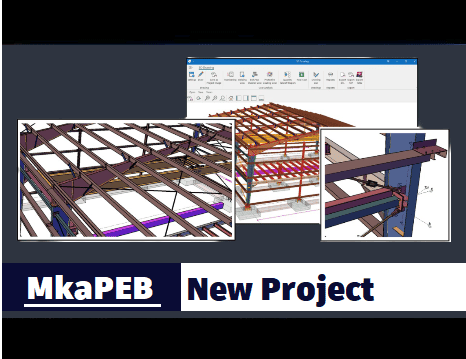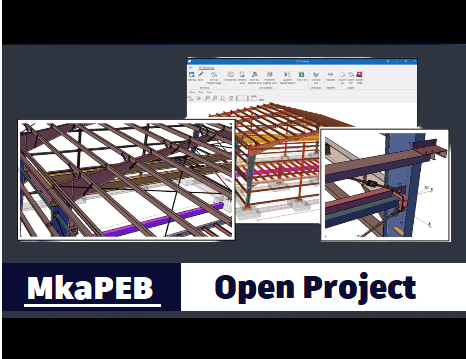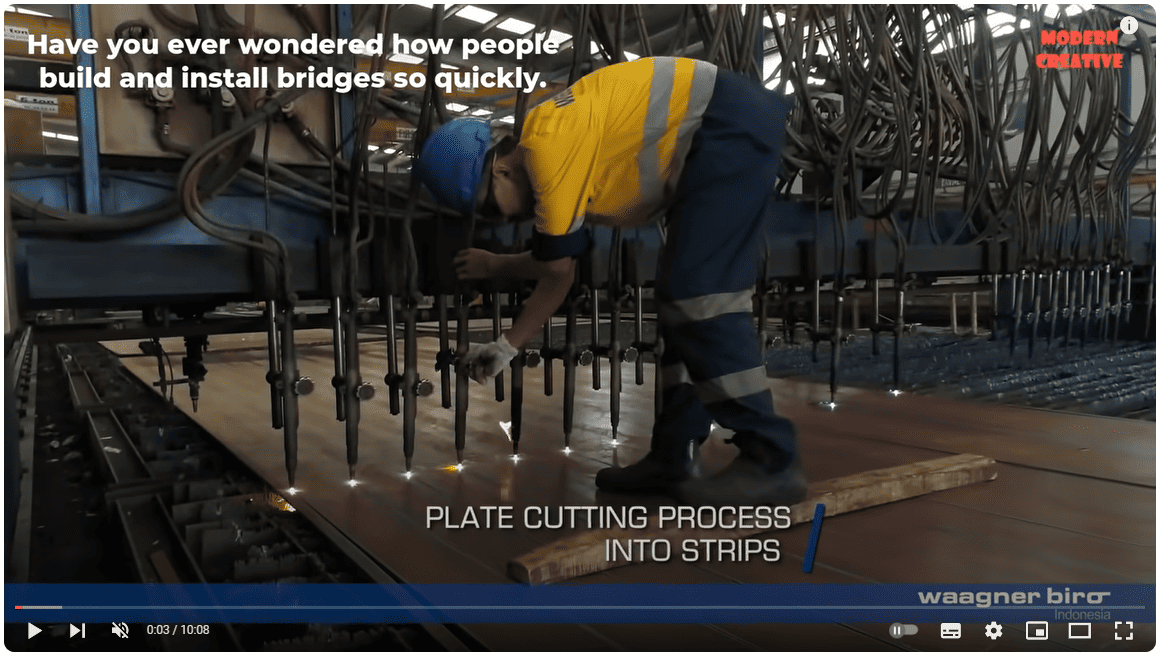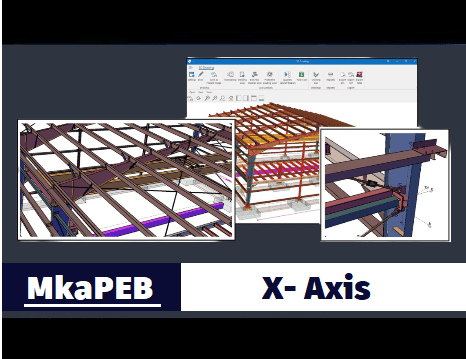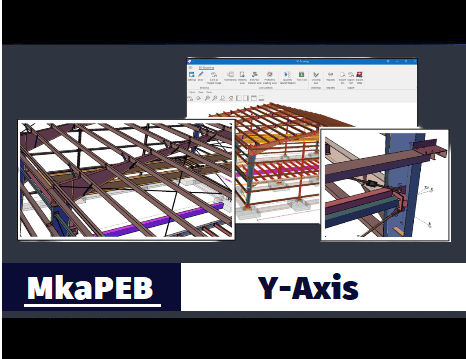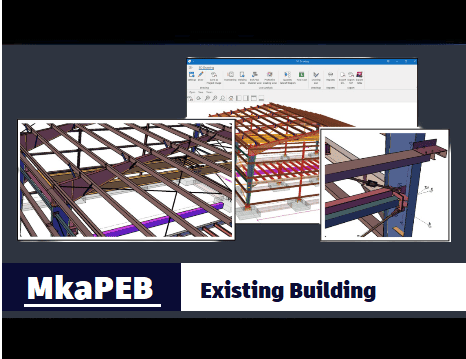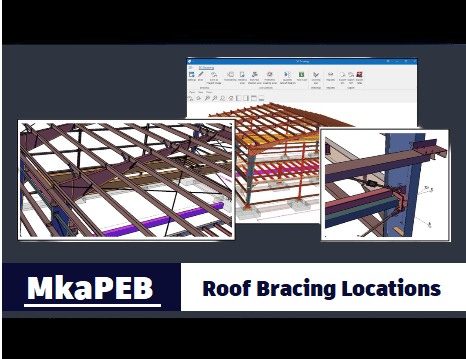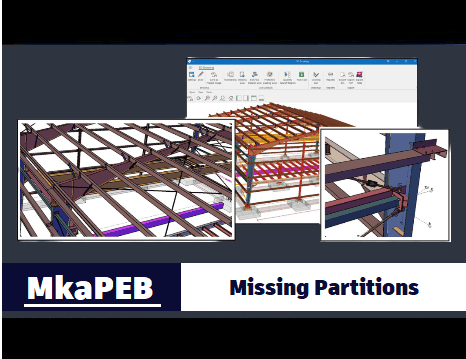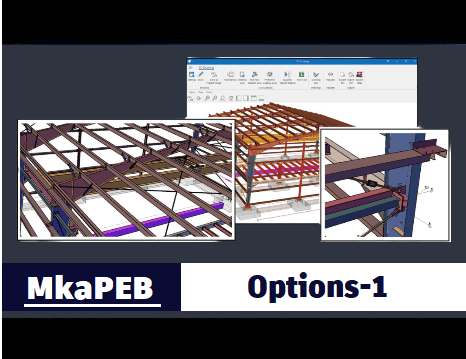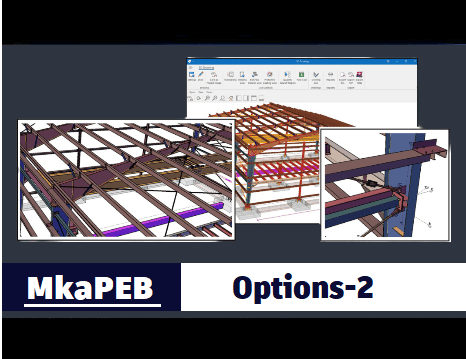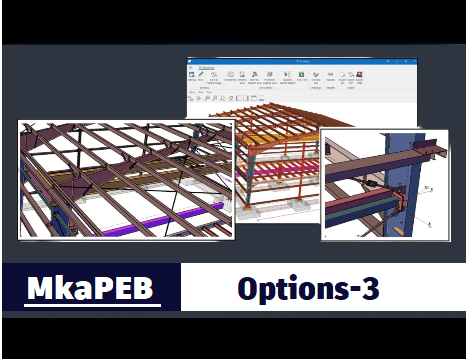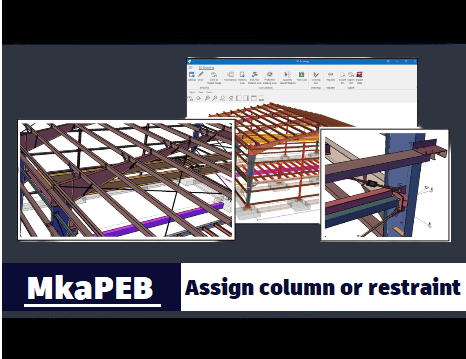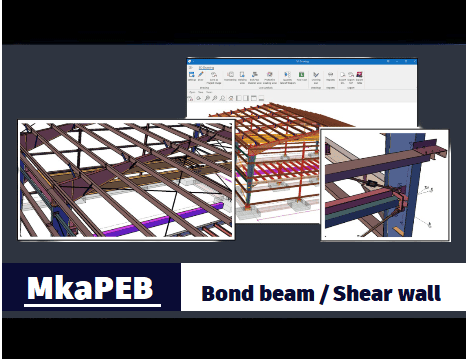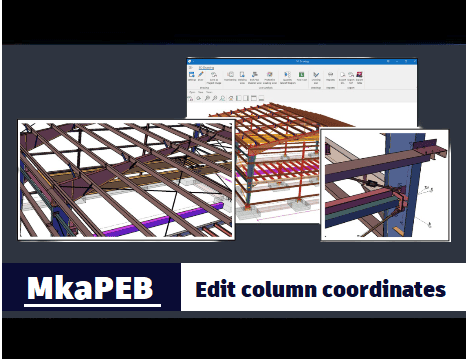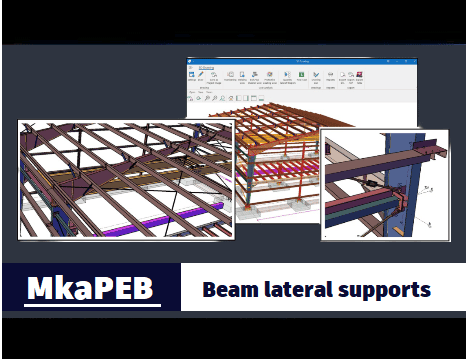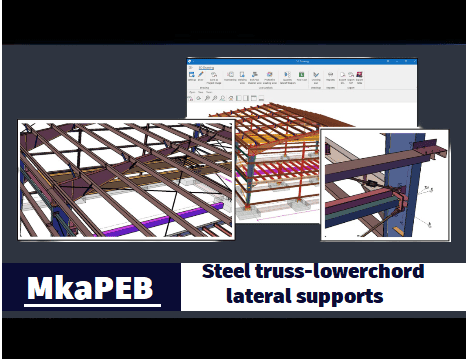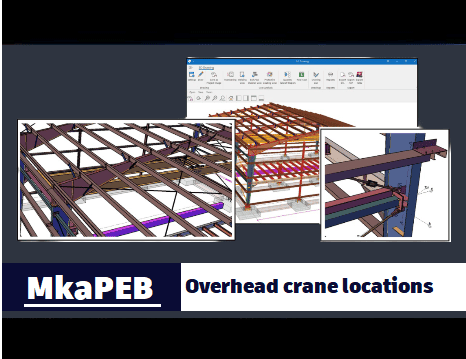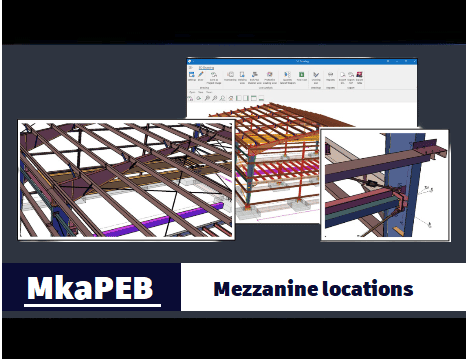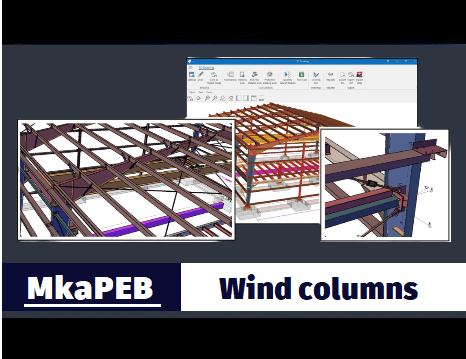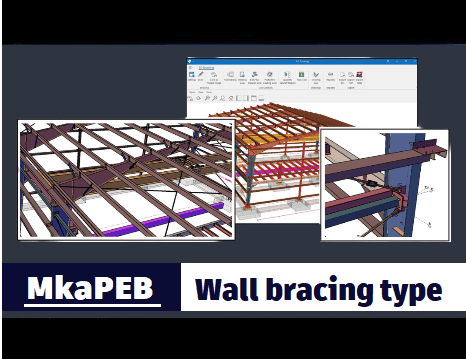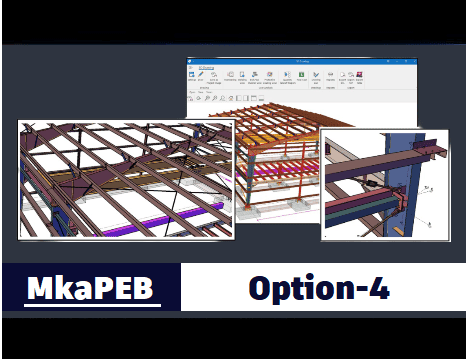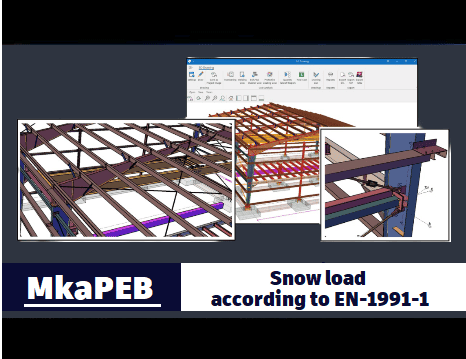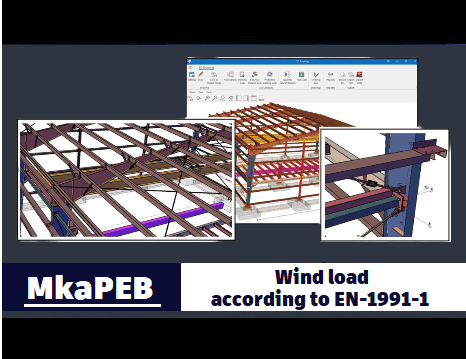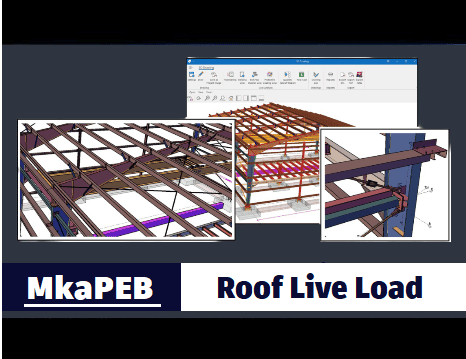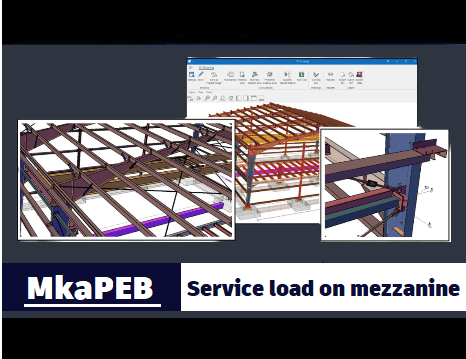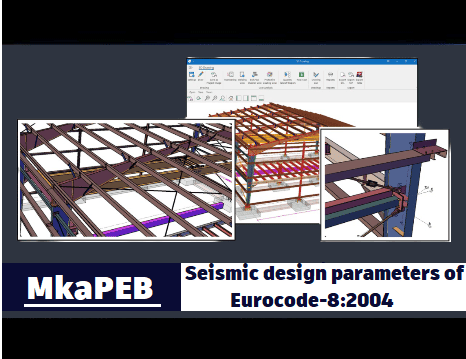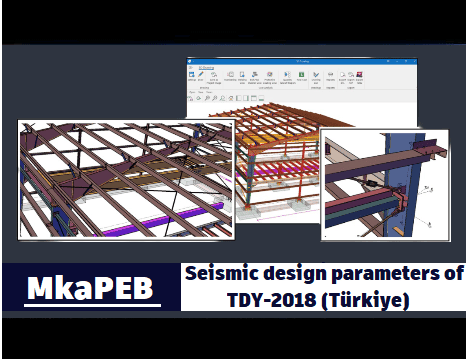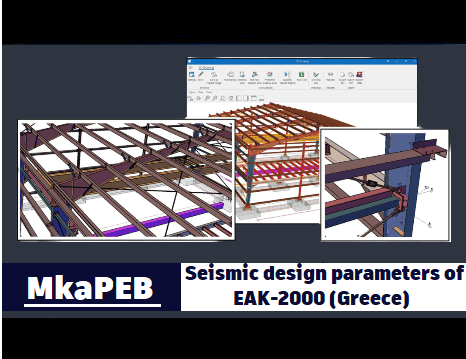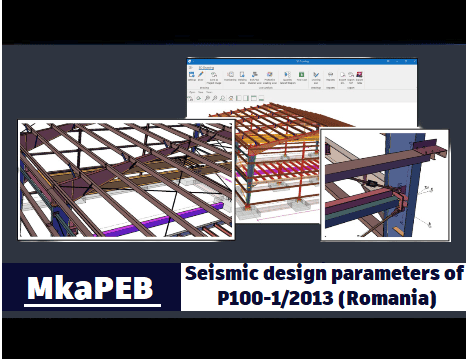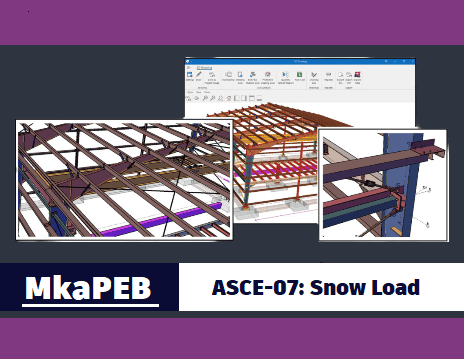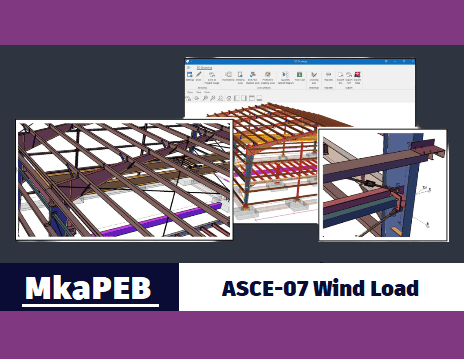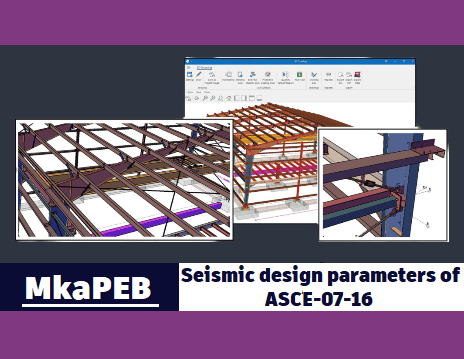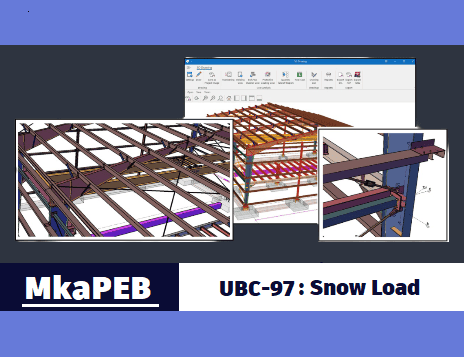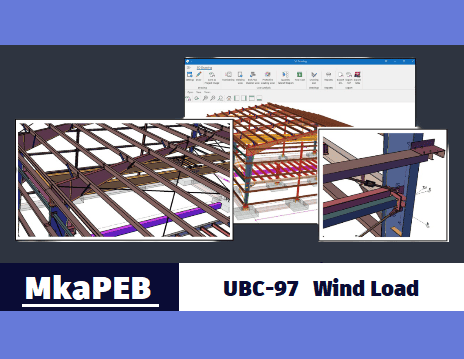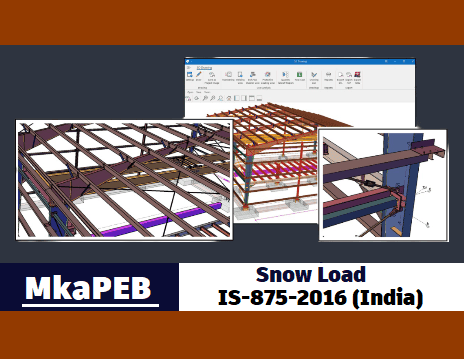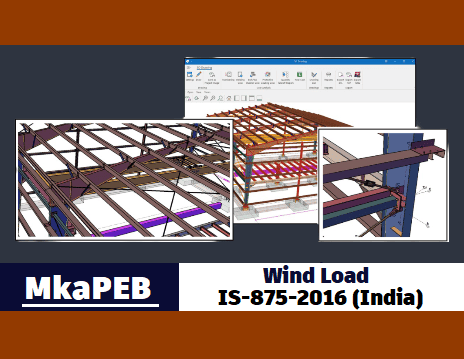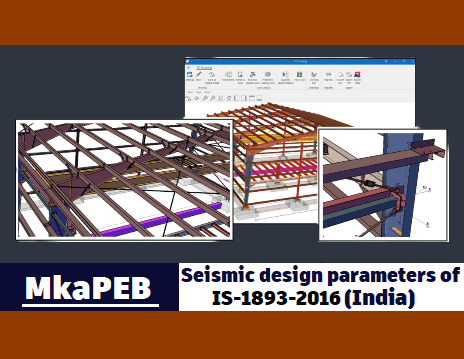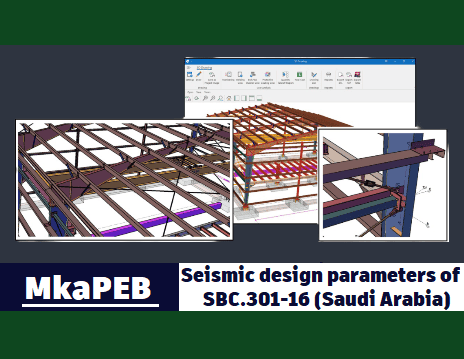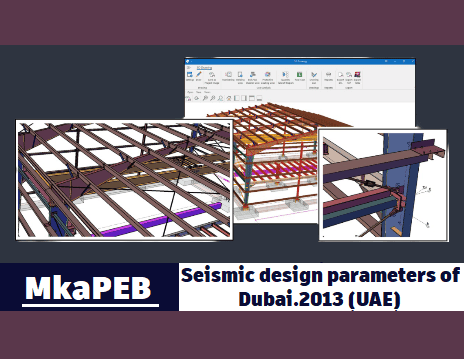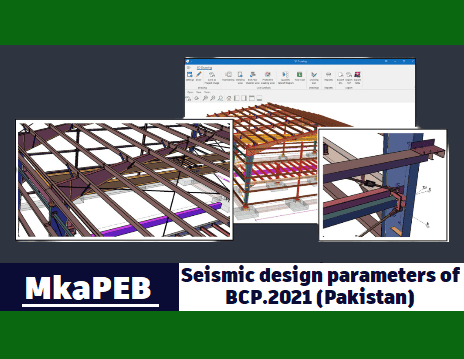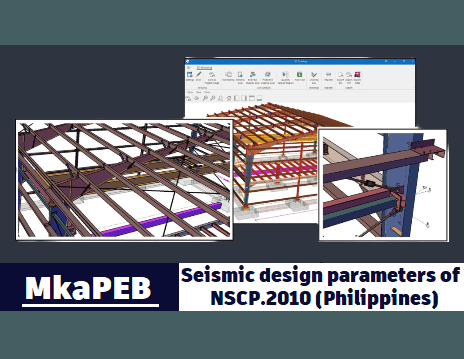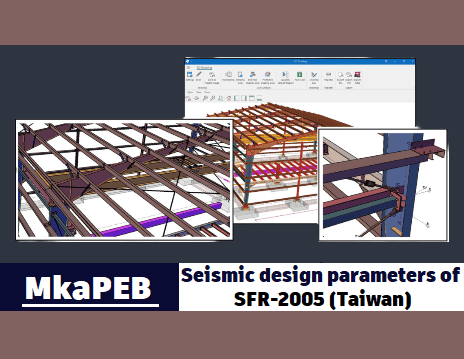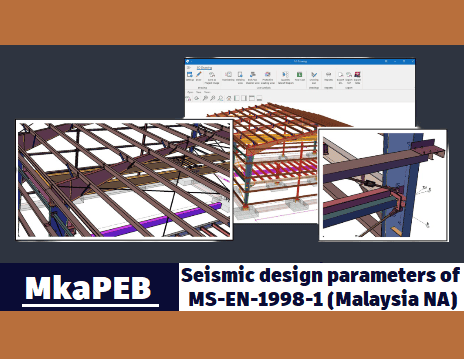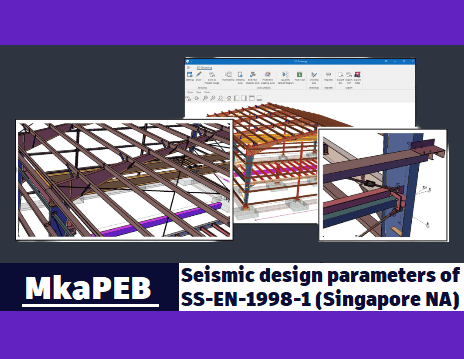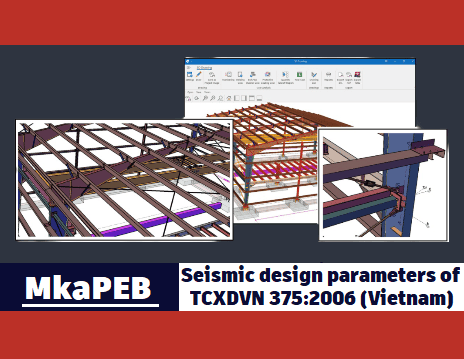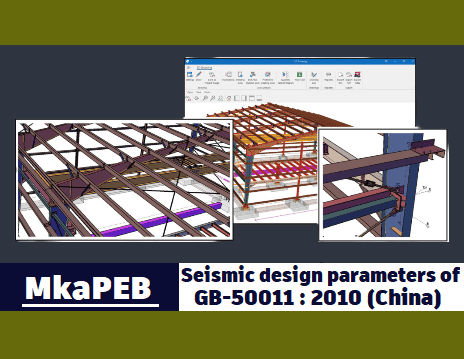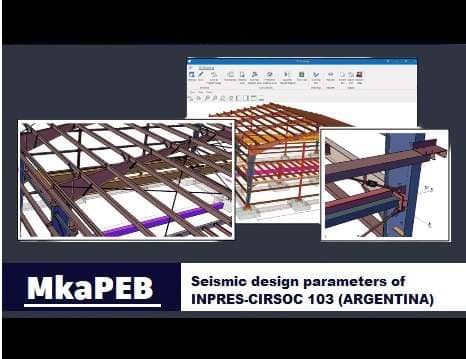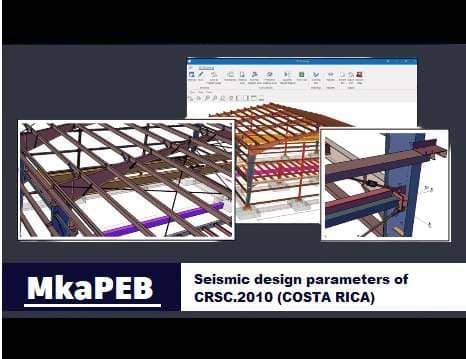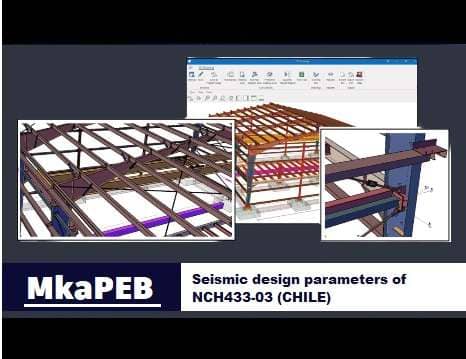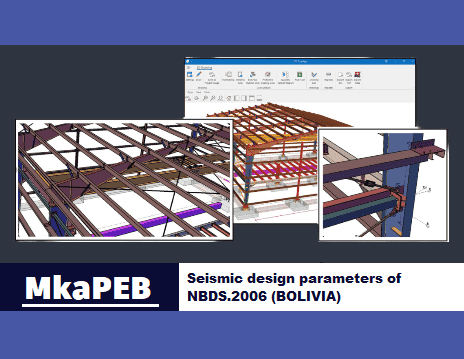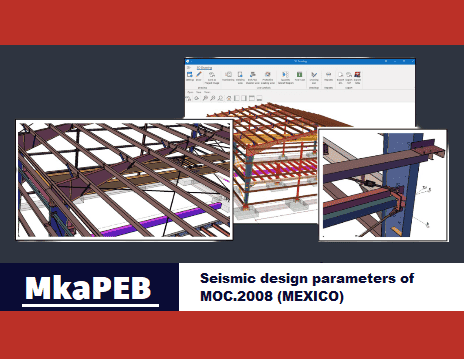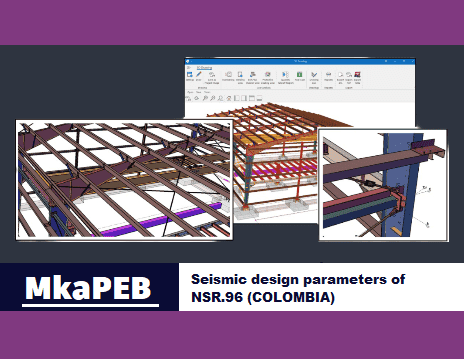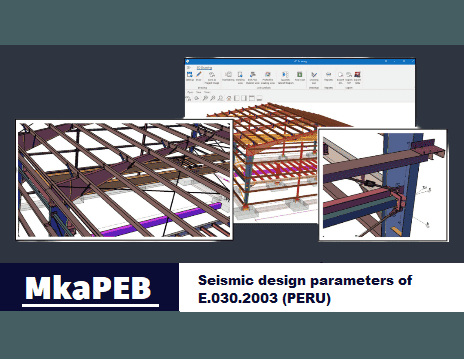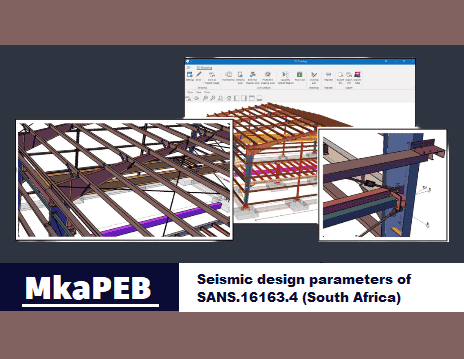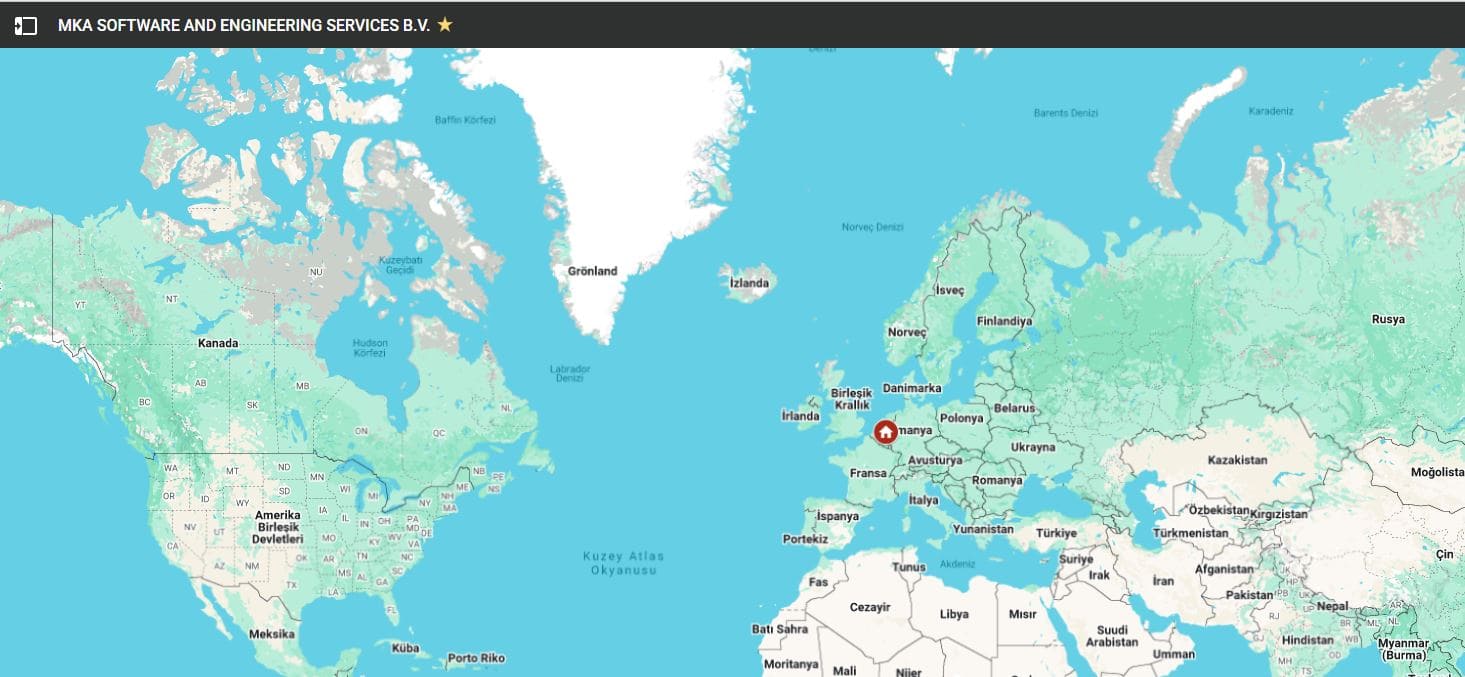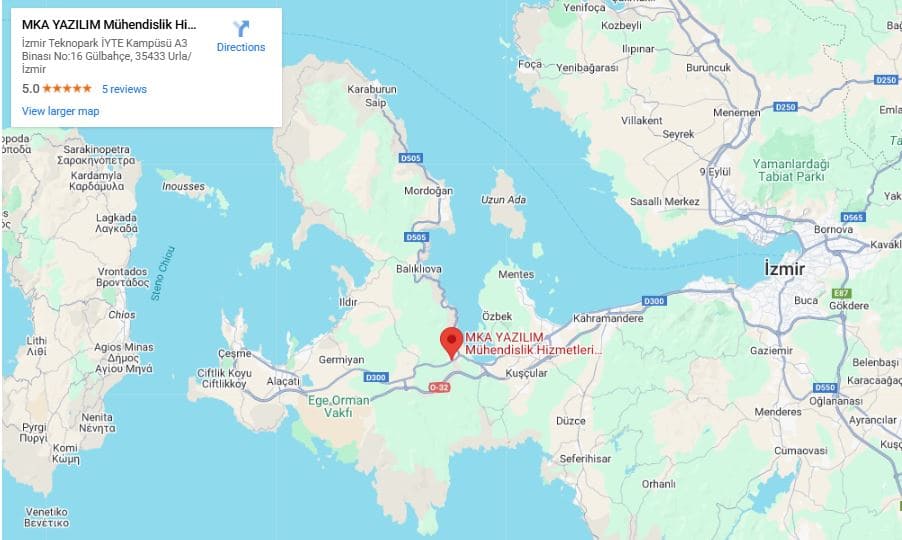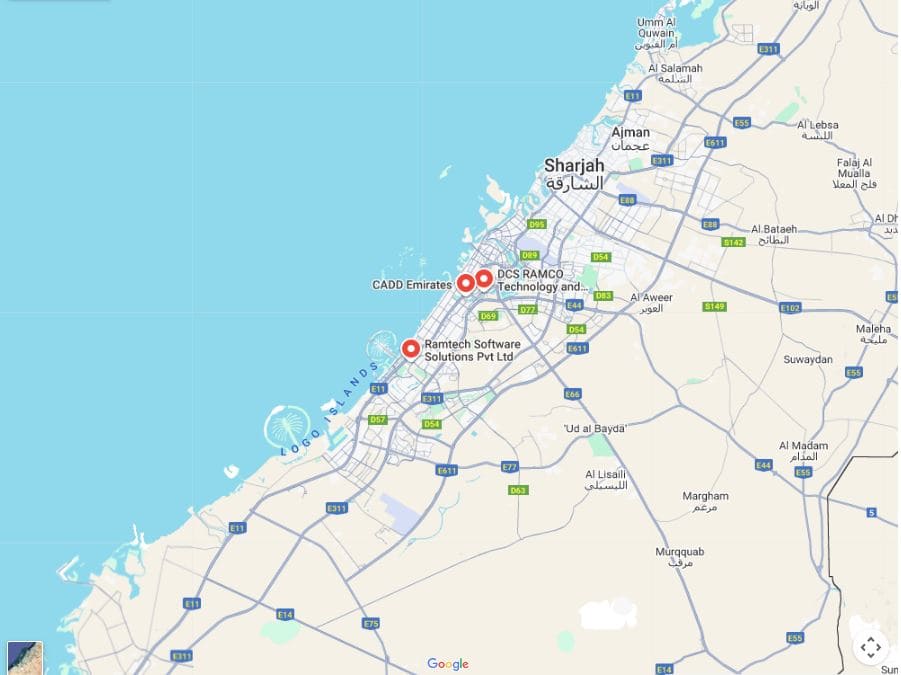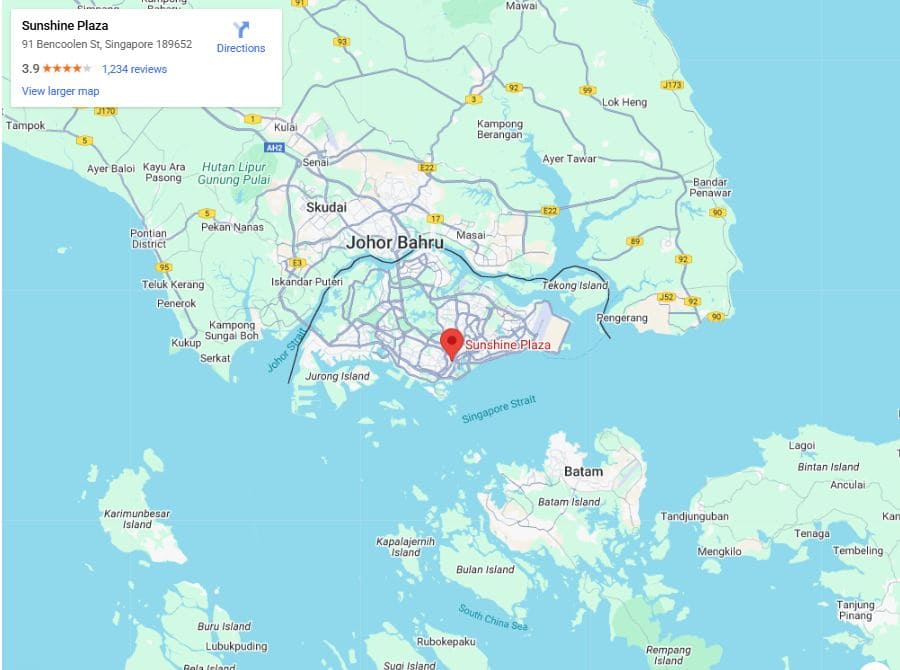MkaPEB User Interfaces
The main purpose of MkaPEB is to enable the engineer to reach the lowest cost solution in the shortest time without compromising on quality.
MkaPEB is one of the most efficient and comprehensive software ever developed for single-storey steel structures in the world. It has many unique features that prevent users from making mistakes.
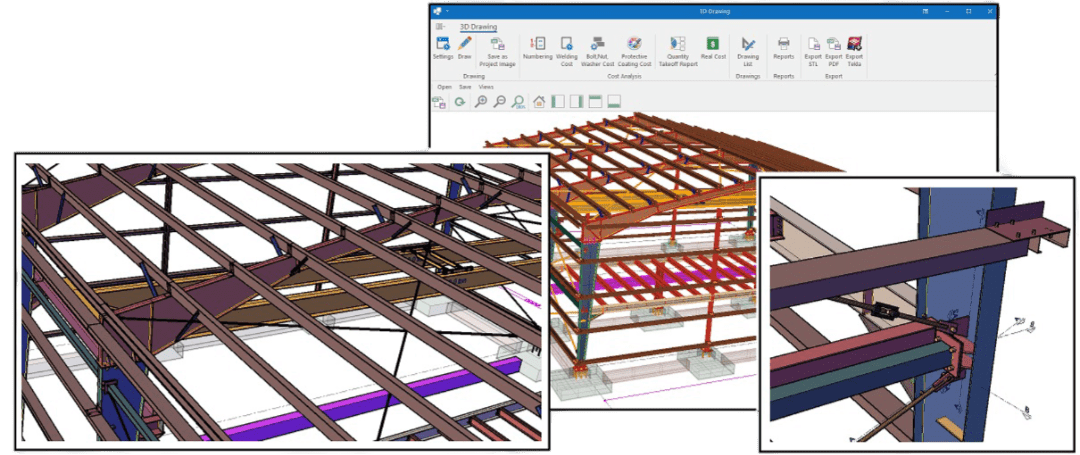
02- Y Axis
We can add new carrier axles to the steel structure. When we add a new axle, mkapeb will make the necessary updates on our behalf, taking into account the current status of the structure.
03- Existing Building
Sometimes we may have to build buildings next to existing structures. It will reduce the impact of existing building wind loads on our new steel structure. However, being higher than the new building will cause snow accumulation. MkaPEB can detect this situation.
04- Roof Bracing Locations
Plan supports are located in the roof plane. The main functions of plan supports are to transmit wind and earthquake fforces to the vertical bracing in the walls. Here it is explained how to change the location of the roof bracings.
06- Options-1: Maximum height of roof bracings
This distance is changed to change the number of crosses in the wall bracing system.
07- Options-2: Auto increase purlin count at snow drift areas
There is heavy snow accumulation, especially in front of the parapet. An economical solution can be obtained by increasing the number of purlins in these regions.
08- Options-3: Use heating pads to keep snow from accumulating
Use heat pads that will ensure snow will melt and will not concentrate
09- Assign column or restraints
Columns can be defined at allowed nodes in the roof truss. Support types are changed here.
11- Edit column coordinates
Sometimes the location of the columns may need to be shifted slightly due to architectural needs.
12- Beam lateral supports
Lorem ipsum dolor sit amet, consectetur adipiscing elit. Quisque placerat sapien condimentum imperdiet cursus. Nam finibus tempor
13- Steel Truss-lowerchord lateral supports
Due to wind loads, compression forces are encountered in the lower chord of steel trusses. The use of lateral support is a good alternative to eliminate the slenderness problem.
14- Assign overhead crane locations
Overhead cranes are widely used today. Here is shown how the cranes are placed inside the building.
01.Options 4: Inside Another Building
Sometimes steel mezzanines are built into existing buildings to save space. Since this mezzanine floor is inside the building, it will not be affected by snow and wind outside the building.
02- Calculation of snow load according to Eurocode-1
MkaPEB knows the roof type. It calculates the snow accumulation in front of the parapet, in the valleys in between and on the nearby high roof. It is unique with this feature. Snow are automatically calculated according to EN-1991 by using the country annexes specified below.
Austria, Belgium, Bulgaria, Croatia, Cyprus, Czech Republic, Denmark, Finland, France, Germany, Greece, Iceland, Ireland, Italia, Netherlands, Norway, Poland, Portugal, Romania, Russia, Slovakia, Slovenia, Spain, Sweden, Türkiye, United Kingdom
03- Calculation of wind load according to Eurocode-1
MkaPEB knows the roof type. It calculates the wind zones and zone factors. We take into account four directions (left, right, frond and back) and internal pressure coefficient positive and negative values. with this feature. According to these assumptions, 8 wind loadings were made. MkaPEB automatically performs these wind loads by looking at many parameters such as roof type, slope and building width, depth and height. Wind maps of many European Countries are available on MkaPEB.
04- Roof live load for snow-free regions
It may not snow, especially in places close to the sea. However, unexpected weather events such as hail may occur in these regions. Despite such situations, it is possible to define the roof live load.
05. Service load on mezzanine
Mezzanine floors are intermediate floors built between the main floor and the ceiling of a building. They are generally used in warehouses and industrial areas to create additional storage or work areas. However, sometimes it is used for different purposes. In this case, the amount of service (live) load to be defined will change.
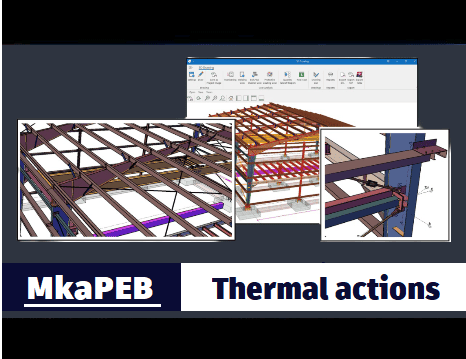
06. Thermal actions according to Eurocode-1.
Steel structures grow longer and shorter in summer and winter. Extension and shortening due to temperature difference is very important, especially for vertical stability elements. Thermal actions do not need to be taken into account in structures up to 60 meters in length, but thermal dilatation gaps are required when this limit is exceeded. Or, as a second alternative, vertical stability elements will be designed by taking thermal effects into consideration. The second alternative is preferred in MkaPEB.
07. Seismic design parameters of Eurocode-8:2004
MkaPEB has earthquake zone maps of the following countries that design with Eurocode-8:
Austria, Bulgaria, Croatia, Cyprus, Czech Republic, France, Germany, Greece, Italia, Poland, Portugal, Romania, Slovakia, Slovenia, Spain, Türkiye
08. Seismic design parameters of TDY-2018 (Türkiye)
TBDY-2018 is very similar to ASCE-07-16. The sections regarding the frame elements supporting the discontinuous walls are missing. Therefore, soft storey irregularity creates problems. There are translation errors in these relevant sections.
14. UBC-97 snow load parameters
UBC 1997 was superseded by ASCE 7-05, Today you have to use ASCE 7-22. This regulation exists for African countries that continue to use UBC-97.
This video shows how to change snow load parameters.
15. UBC-97 wind load parameters
UBC 1997 was superseded by ASCE 7-05, Today you have to use ASCE 7-22. This regulation exists for African countries that continue to use UBC-97.
This video shows how to change wind load parameters.
Here the wind load calculation is much simpler compared to today's version.
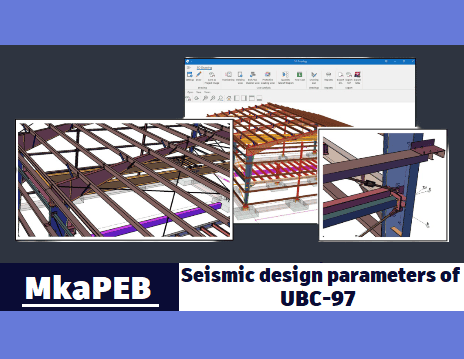
16. Seismic code parameters UBC-97.
UBC 1997 was superseded by ASCE 7-05, Today you have to use ASCE 7-22. This regulation exists for African countries that continue to use UBC-97.
This video shows how to change wind load parameters.
Today, the earthquake legislation of some countries is similar to this code.
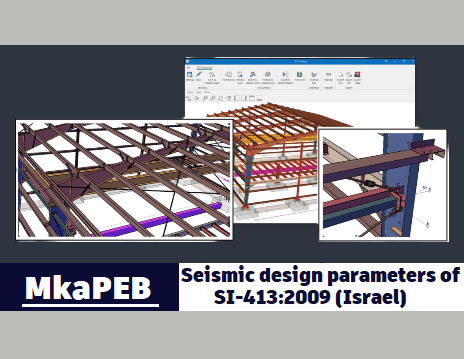
22. Seismic code parameters: SI.413:2009 (Israel).
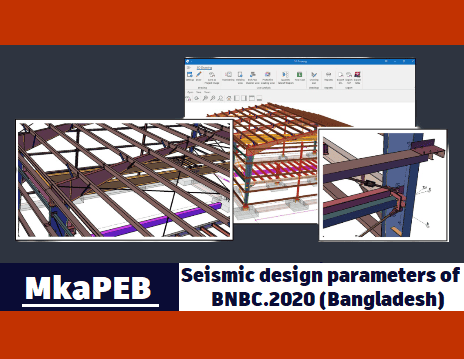
24. Seismic code parameters: BNBC.2020 (Bangladesh).
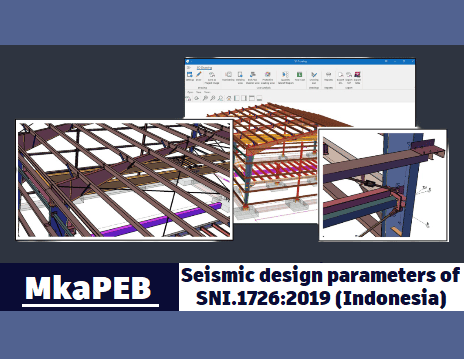
26. Seismic code parameters: SNI.1726:2019 (Indonesia).
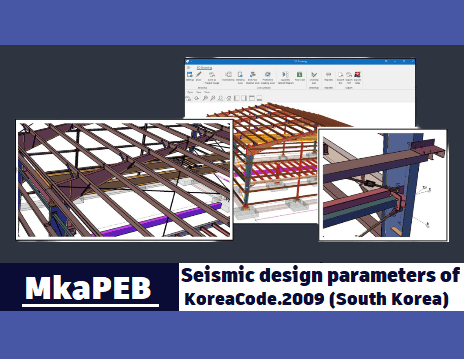
28. Seismic code parameters: KoreaCode.2009 (South Korea).
31. Seismic code parameters: TCXDVN.375:2006 (Vietnam)
A new earthquake code which was based on Eurocode-8 has been issued in 2006

